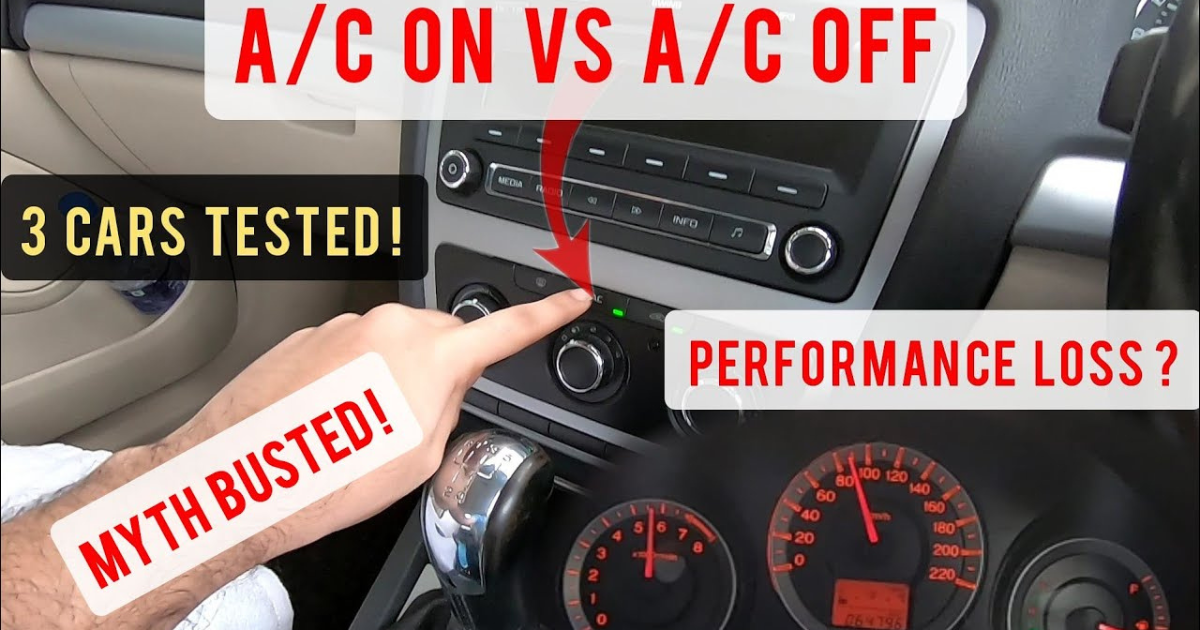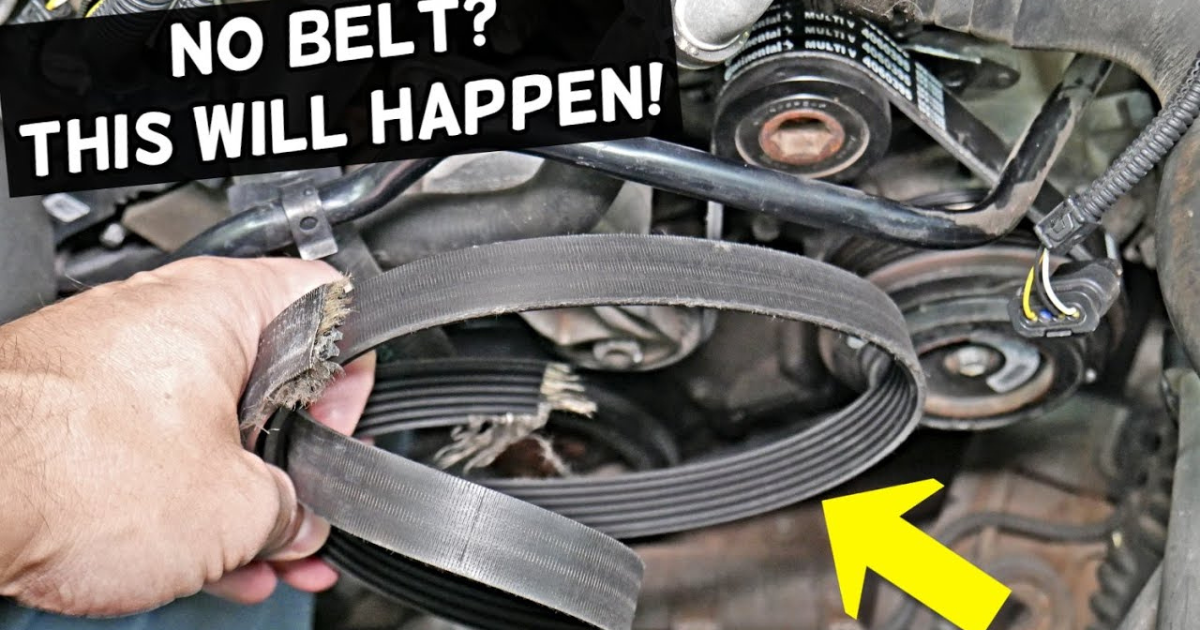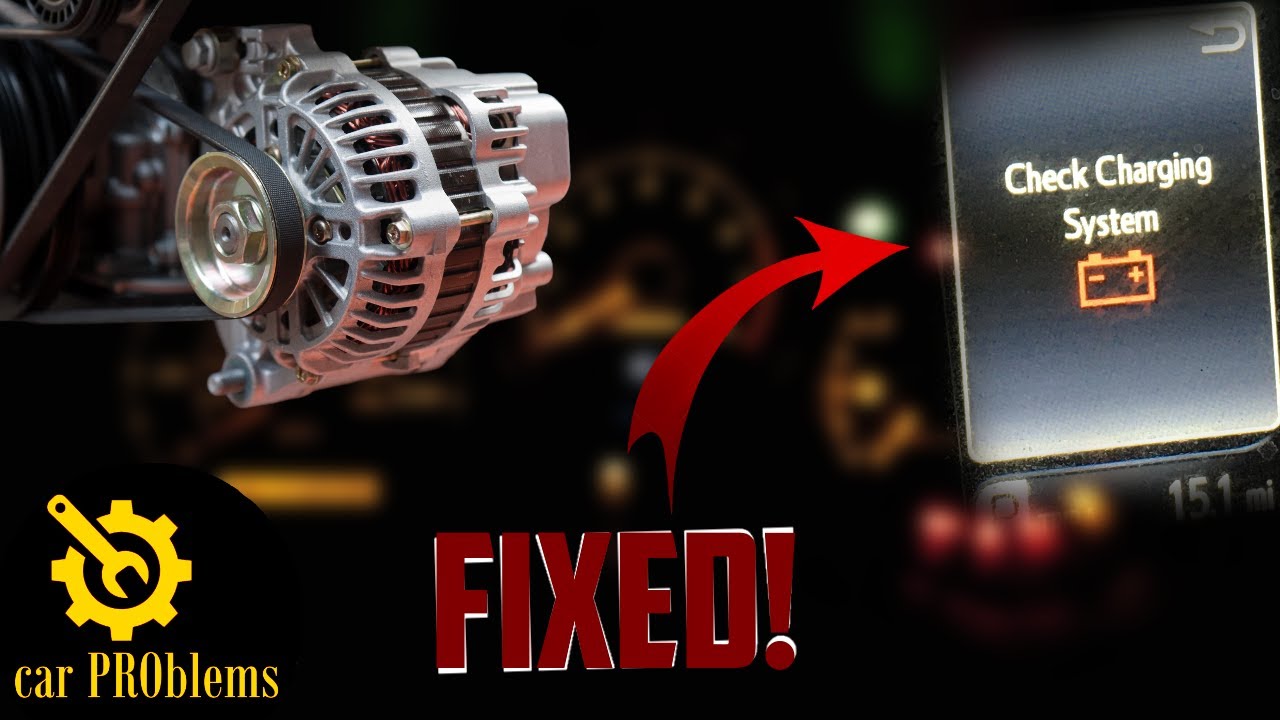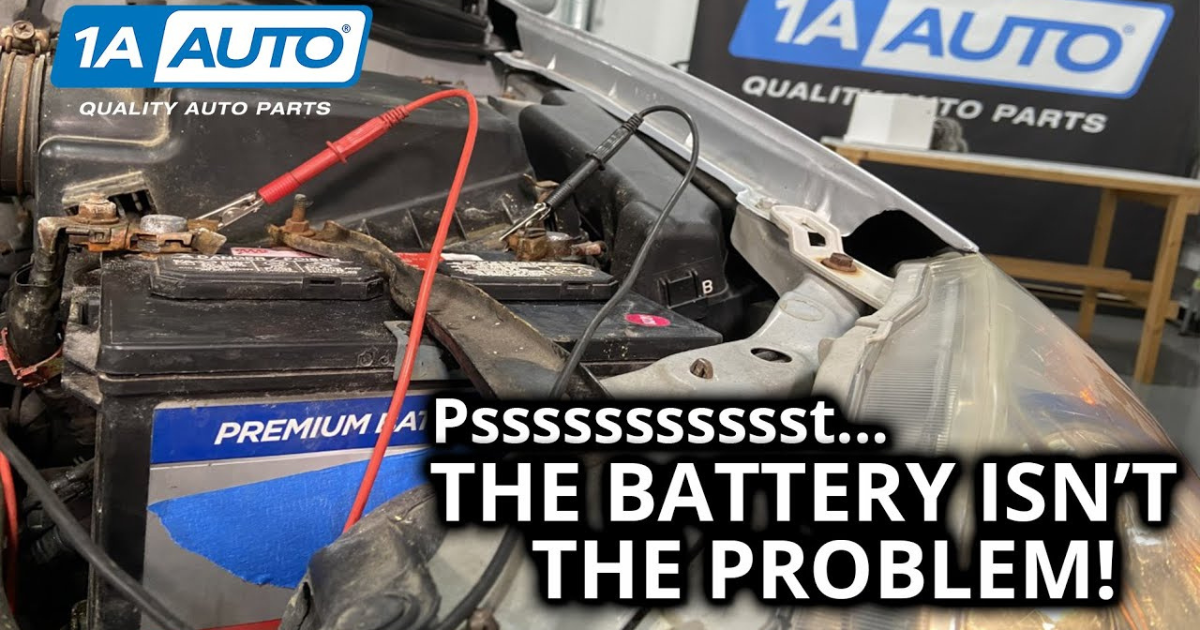A car losing power when the AC is on can be a frustrating experience, especially during hot weather. Several factors can contribute to this issue, and it’s essential to identify the root cause to rectify the problem. In this article, we will discuss the possible causes of why a car loses power when the AC is on and how to resolve them.
Clogged AC Condenser:
The AC condenser is responsible for cooling down the refrigerant heated by the AC compressor. When the condenser becomes clogged, it can affect engine performance indirectly. A clogged condenser can cause the refrigerant to overheat, making the compressor work harder and demand more power, leading to a loss of engine power when the AC is on.
Locked-Up AC Compressor:
The compressor is the heart of the AC unit, and it uses engine power to pressurize the refrigerant before sending it to the evaporator. If the compressor locks up, the pulley will not rotate with the engine pulley, putting too much strain on the engine. This can cause the engine to lose power and acceleration when you turn on the air conditioning system.
Faulty AC Pressure Switch:
The low-pressure switch regulates the refrigerant flow in the system and prevents damage to the compressor when there is low refrigerant in the system. If the low-pressure switch becomes faulty and stuck in the ON position, it will make the compressor run harder to meet the refrigerant demand in the system. This can cause a loss of engine power and acceleration once you turn on the air conditioner.
Weak Engine Compression:
Engine compression is the pressure created within the engine cylinders during combustion. If the pressure inside the cylinder walls becomes lower than it should be, it can cause poor acceleration and loss of engine power when you turn on the air conditioner. When you switch on the AC, the compressor collects power from the engine to function. This extra power collected from an engine with weak compression makes it lose power.
Slipping Serpentine Belt:
The serpentine belt connects the engine pulley to several engine components like the water pump, power steering pump, alternator, and AC compressor. A slipping serpentine belt can cause a loss of engine power when you turn on the air conditioning system.
Weak Alternator:
Alternators provide electric flow to keep the engine running smoothly and power all the electric system components in the car. If the alternator becomes weak, it won’t provide the necessary electric flow, causing vehicle issues, including engine power loss and poor acceleration.
Dirty Throttle Body:
The throttle body regulates the amount of air that goes into the engine and helps control the engine’s power and speed. A dirty throttle body can cause a loss of engine power and acceleration.
Blocked Air Filter:
The air filter is responsible for filtering the air that goes into the engine. Over time, the air filter will become clogged, restricting the amount of air that goes into the engine, and causing an improper air-fuel mixture ratio. This can lead to poor engine power, and you may notice a loss of engine power until you turn on the AC.
What to Do If Your Car Loses Power When the AC is On
To diagnose the issue, it is essential to start with the most common and easiest fix. Clean or replace the clogged filter, clean the throttle body, check the drive belt, check the alternator, flush the clogged condenser, and contact your mechanic if the problem persists.
Conclusion:
A car losing power when the AC is on can be caused by several factors, including a clogged AC condenser, locked-up AC compressor, faulty AC pressure switch, weak engine compression, slipping serpentine belt, weak alternator, dirty throttle body, and blocked air filter. Identifying the root cause and rectifying the issue can help restore your car’s performance and ensure a comfortable driving experience during hot weather.





